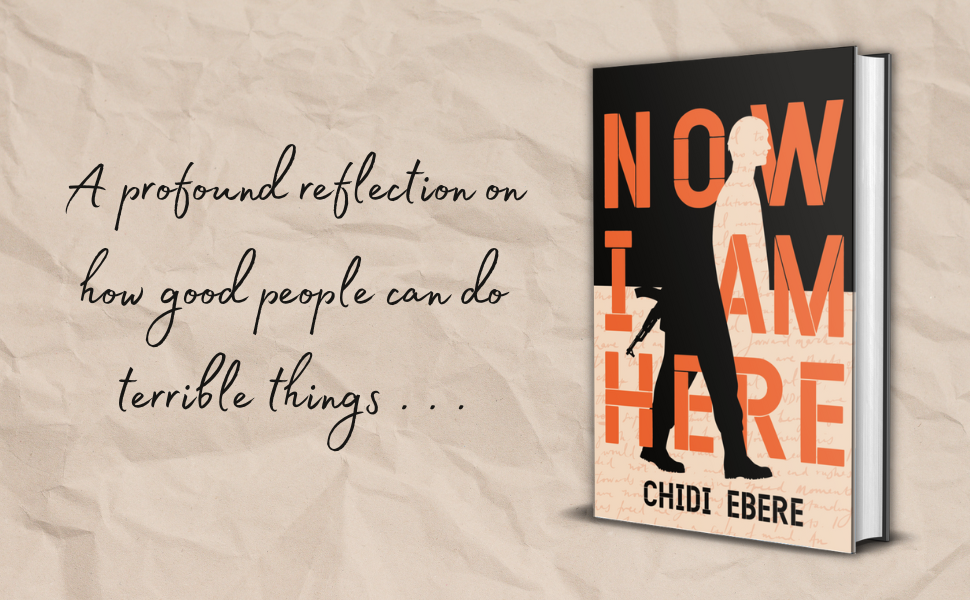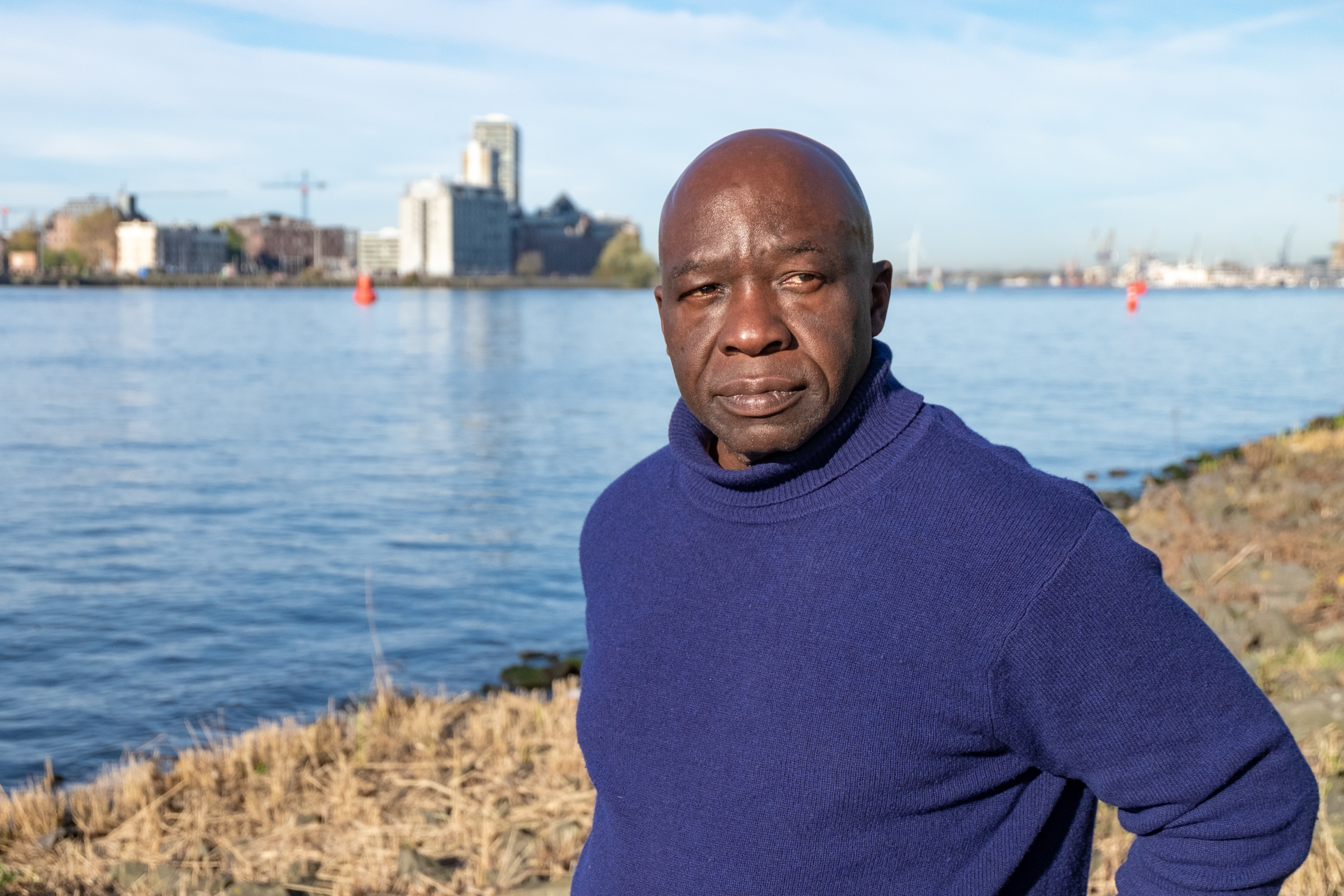When writing, I suffer from tunnel vision: lose awareness of everything but the story. However, in the peaceful thinking space that appears once the novel has been welcomed into a publishing house, it is possible to reflect on what has taken place over the last eleven months.
I remember a flash, its source some point deep within. Followed by a scene, its unsaturated colours demand attention. Impatient questions ask: Who? Where? How? Another writer begins that journey. This time, I descend towards the murky realms of inhumanity. The ingredients of a novel call out: ‘Come on down. We are waiting.’ I do as asked.
The narratives seek me out, a mental coup d'etat
A brief note on obeying orders without question… my creative skill set does not include the ability to choose one story over another. The narratives seek me out; a mental coup d’etat; my thoughts swear an oath of fealty to the new powers that be; they sign on the dotted lines — triplicate — and become attentive vassals charged with relaying the truths placed into our care. Under such circumstances, a being of my standing has little choice but to travel to the source of the presented images and return with a novel.
My starting point is close to an end. Hope has long since fled to safer parts. Defeat approaches, accompanied by death. A surrender takes place. Acceptance of an inevitability. A story waits. It is patient. I set off. My travelling companion is a dark cloud that has a way of moving through my spirit while still above my head. This appointment with darkness rattles the nerves more than I care for. Then again, I am a writer, not a hero, not a warrior.
Common sense
I travel by way of deduction and the application of common sense. Every question I ask about the initial scene creates a landscape, a set of rules, a face, a conversation. Each new facet of this world comes with an additional set of questions that, in turn, generate even more bits and pieces to query. The world expands, a monumental film set — the imagination has no budgetary restrictions. This world plays with time, stretches, folds, juggles. The details, forever zooming in and out, take on a fractal nature: the more I see, the more there is.
Meanwhile, the story owns my thoughts, blesses them with an understanding so absolute, I gain control — subconscious forces come into play at this juncture — over life and death, structure and void, every word, every cloud, every brick, every choice. Good struggles for attention in this world I visit. Those at the top are too mad to be evil, yet what they set in motion is grim. Their vision infects minds across the nation; the lives of the other are devalued and then devalued again — stripped of worth. The consequences are to be expected. It is to this land I travel.
The regulations of conduct, specific to this story’s journey, stipulate that I, the writer, shall believe wholeheartedly, for the duration of the novel’s creation, in the politics and world views of the narrator — no matter how distasteful, no matter how far they are from my personal views. Without full ‘participation’ in all that takes place, there will be no honest story to tell. And look how easily this is said, after the fact. On numerous occasions during the first and second drafts, I wavered. I questioned the sanity of such a project. Why go there? But you know how it is: writers will die, lose their minds, do anything at all/whatever it takes for a story.
I would sometimes pause my writing and wonder how a mind could paint such terrible scenes
I was eased under the skin and into the mind of another. Together we committed acts of such savagery I would sometimes pause my writing and wonder how a mind could paint such terrible scenes. Then I remembered: oh yes, this novel is simply a remix of what goes on in our world. Such understanding did not make the experience any less brutal.
Early on, as the novel took form, I decided to focus on ‘facing the truth of one’s actions’; on the ‘repercussions of discrimination and violence’, though not the bloodletting. In this novel, the acts of terror take place in the ‘shadows’ — the growing hatred is there on the pages, but the actions this state of mind can lead to, remain hidden. It is near impossible to conceal an unknown — you need to know what it is you wish to hide. My captured thoughts fed the imagination with snippets of what we do to ourselves. It showed me, in glorious ImagiVision, the form and size and colours, and the sounds, the blood and the horror of what needs to be kept hidden.
There are some places you need visit only once.
Chidi Ebere was born and raised in Oxford by Nigerian parents and spent part of his childhood in Nigeria before returning to the UK. His short stories have appeared in Cormopolitan and Ambit. He lives in Amsterdam. His novel Now I Am Here was published by Picador, euro 24,95.



